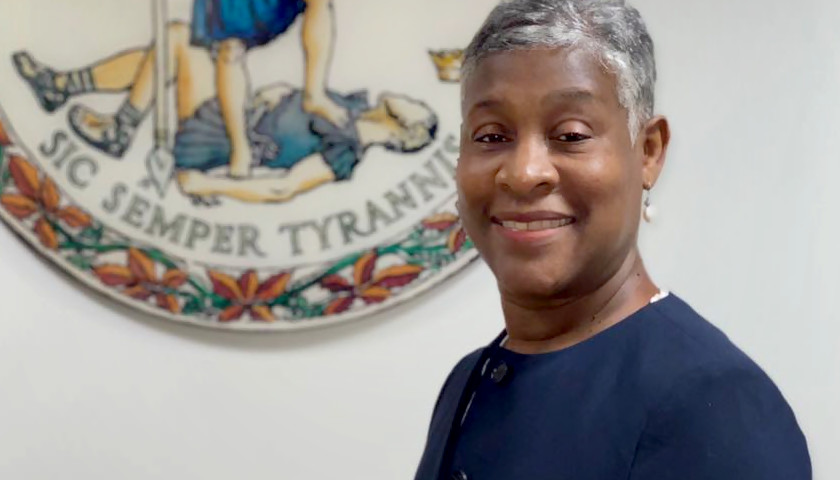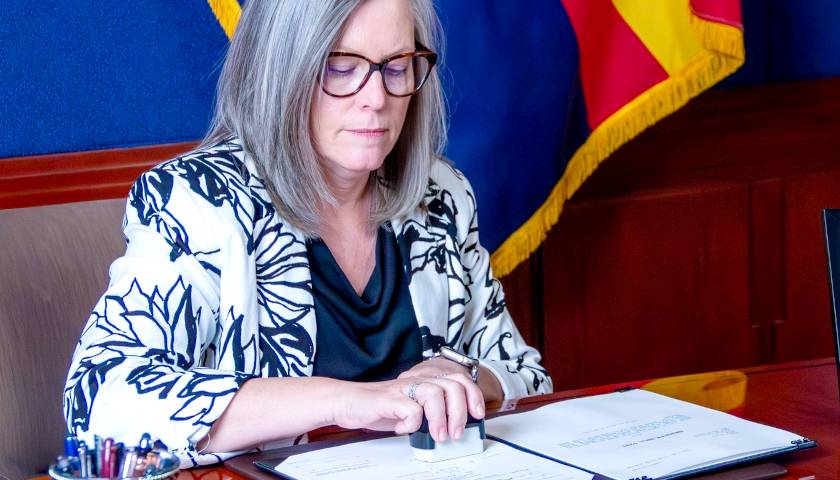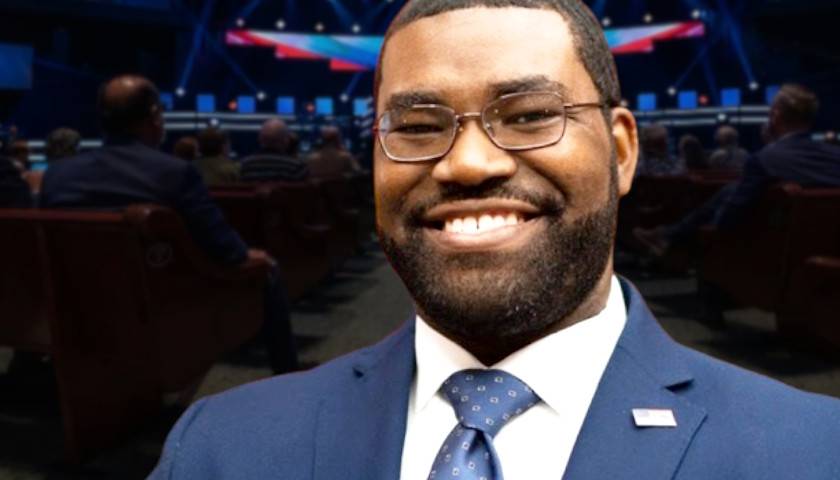Richmond Commonwealth’s Attorney Colette W. McEachin determined that the officer shooting of Marcus-David Peters was justified, according to a report of her investigation into the May 2018 incident. McEachin’s report, released last week, describes Peters, a Black man, having a likely mental crisis that resulted in him running nude on I-95. Peters then approached a responding officer who fired first a Taser and then a gun at Peters.
McEachin wrote, “The officer’s ultimate decision to use lethal force was a reasonable response to the imminent danger presented to himself and the public by Mr. Peters’ continued violent behavior due to his mental deterioration.”
The investigation is the second investigation into the use of force; a report by McEachin’s predecessor came to the same conclusion, according to The Richmond Times-Dispatch. The paper reported that McEachin began her investigation at the family’s request as protests erupted in June over George Floyd’s death.
Peters has a legacy in a new ‘Marcus’ alert system, part of a bill signed last week by Governor Ralph Northam. Northam’s press release states, “[The bill] establishes a statewide mental health awareness response and community understanding services (Marcus) alert system. This measure promotes a behavioral health response to individuals in crisis, including by limiting the role of law enforcement, and is named after Marcus-David Peters, who was killed by a police officer while experiencing a behavioral health crisis in 2018.”
“I think it’s definitely a correct direction to be going in,” Heritage Foundation Legal Fellow Amy Swearer said. “Whether this particular program, even if it had been in place when Mr. Peters was shot, would that have been effective or useful for intervention in that specific scenario? I think that’s a valid question and I don’t think it necessarily would have been.”
Swearer said getting mental health professionals involved in advance of a crisis is best, but having crisis response teams could be appropriate as well. “Getting mental health experts into the mix and having them be part of these responses, where that’s possible I think is certainly a step in the right direction.”
She acknowledged concerns that funding for mental health response might come from existing law enforcement budgets.
“That could be a concern. You’re still going to have law enforcement officers who need to be paid to enforce the law and still need resources,” Swearer said.
“I think the best way of looking at this is as a ‘both and’ approach,” Swearer said. “I don’t think you necessarily want to be stripping money from law enforcement, and certainly not in a sort of intentional, anti-law enforcement way. But it is also important that one of the best things that you can do for law enforcement is to help them be able to do their jobs better and some of that is by taking mental health crises off their plate and having professionals deal with that.”
Swearer said, “It’s something that you’re seeing more states explore and it certainly is something that is worthwhile exploring, even if in the long run it’s not a complete answer.”
– – –
Eric Burk is a reporter at The Virginia Star and the Star News Digital Network. Email tips to [email protected].
Photo “Colette W. McEachin” by Colette W. McEachin.






